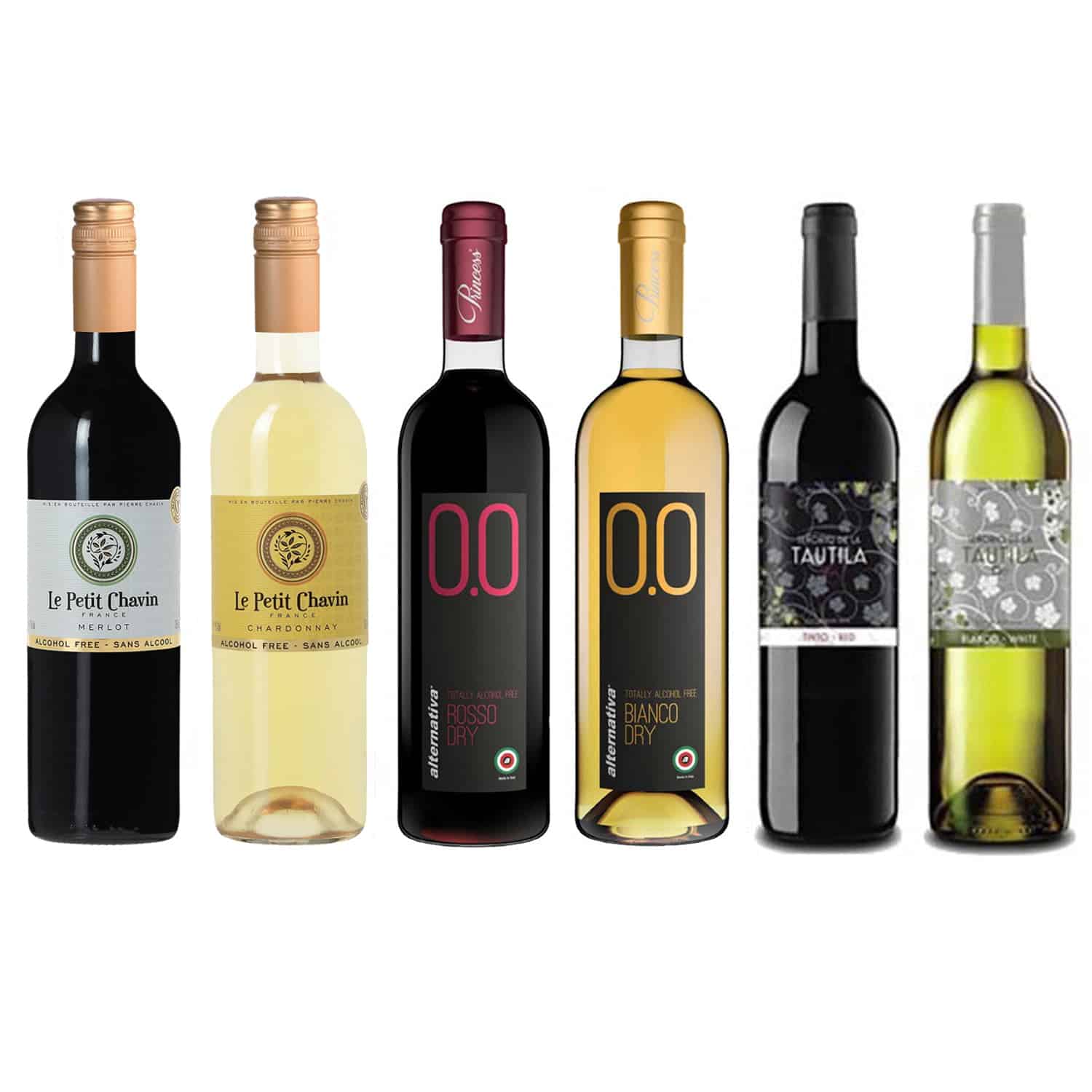Introduction: In recent years, the global market has witnessed a fascinating fusion of cultural traditions and modern practices, especially in the realm of food and beverages. One such example of this intersection is the emergence of Halal Certified wines. Combining centuries-old Islamic dietary principles with contemporary winemaking techniques, these wines offer a unique experience that reflects the diversity and dynamism of our world. In this article, we delve into the concept of Halal Certified wines, exploring their significance, production process, and growing popularity.
Understanding Halal Certification: Central to the concept of halal certified wines is the adherence to Islamic dietary laws, known as Halal. For Muslims, consumption of alcohol is generally prohibited under these guidelines. However, Halal Certified wines present an interesting departure from this norm. While traditional wines are made from fermented grapes, Halal Certified wines undergo a process where the alcohol content is removed, suggesting compliance with Islamic dietary restrictions.
We recognize the ongoing debate surrounding the compatibility of fermented beverages with Halal principles. In keeping with our commitment to empowering our customers to make choices that resonate with their beliefs, we take pride in presenting beverages that have Never Been Alcoholized. These offerings deliver the nuanced complexities often sought in dealcoholized wines, ensuring a gratifying experience while remaining 100% faithful to Halal guidelines.
Browse All Our Never Alcoholized Beverages
Have questions? Contact us New to beClink? Use code FIRSTCLINK for 15% off your first order!

